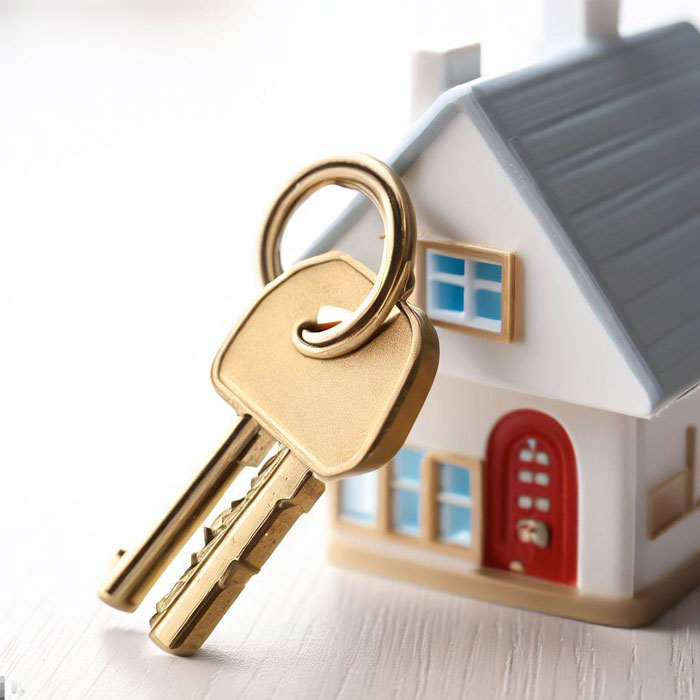
Texas Homeowners Insurance Tips: Protecting Your Home
Maintain an Inventory
In the case of a claim, compiling a house inventory might be quite helpful. Keep track of your stuff by taking pictures, keeping receipts, and writing descriptions. Save this data online or in a secure location away from your house.
Regularly Review and Update Your Policy
Your insurance needs will fluctuate as your circumstances change in life. Check your house insurance coverage on a regular basis to be sure it still applies to your circumstances. You can find affordable home insurance in Texas by comparing quotes from several insurance companies and customizing your policy to fit your requirements.
If you have questions about your policy, coverage limits, or any terms you don't understand, don't hesitate to ask your insurance agent for clarification. Understanding your policy thoroughly is essential. By following these essential texas homeowners insurance tips, first-time homeowners can secure the right coverage to protect their investment in texas or anywhere else.